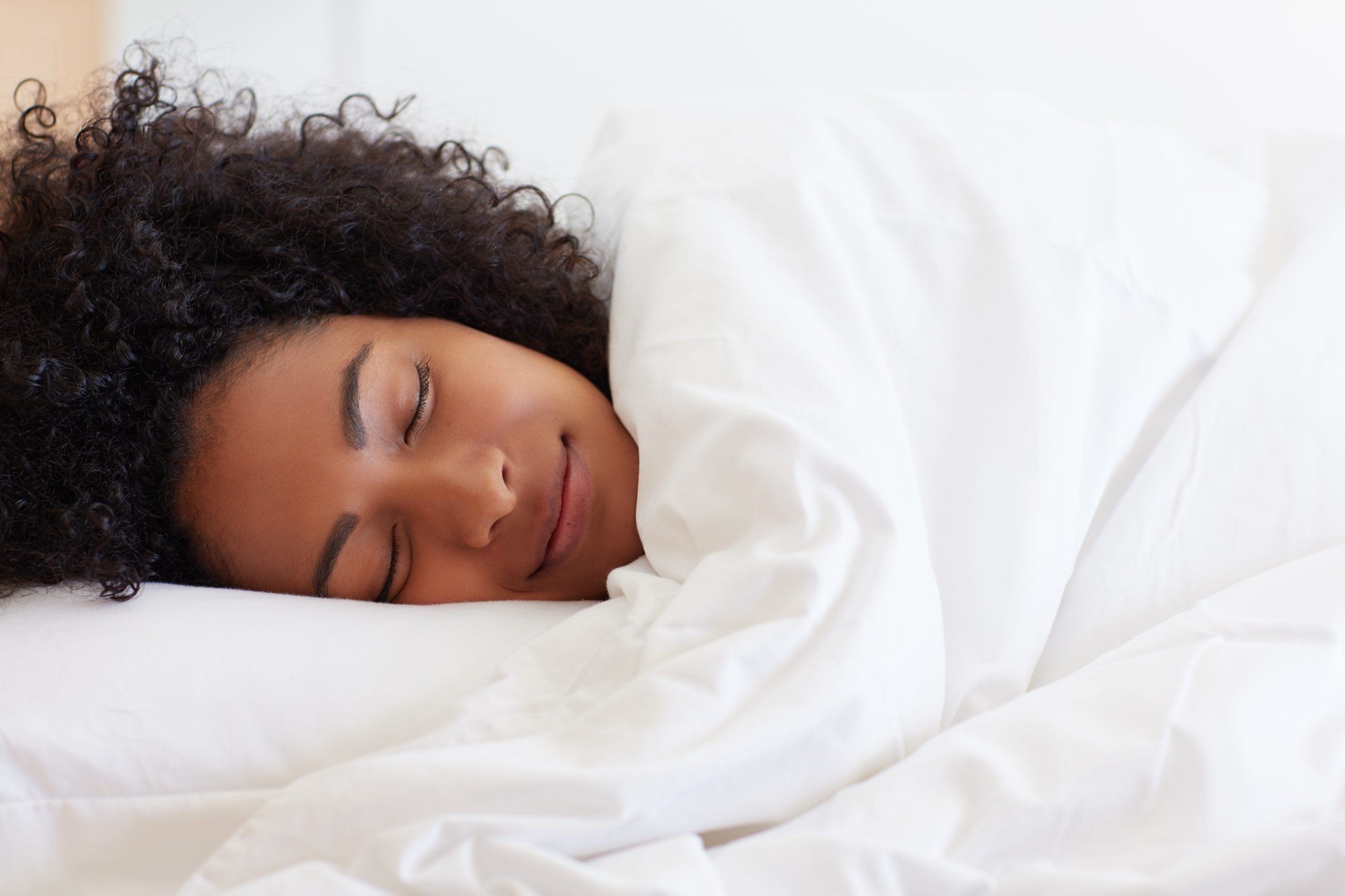Why Do We Sweat While Sleeping?


Tossing and turning in bed and randomly waking up at night is uncomfortable, but experiencing night sweats may take the cake in comparison. You may have suffered from night sweats once in a blue moon or more frequently; it should be explored despite the cadence.
Although many different variables may cause night sweats, like menopause, home environment (temperature), or drinking alcohol, there can be more severe causes like illness (infections and even cancer). To understand why we may be sweating in our sleep, we should reference several potential causes and prioritize scheduling a medical appointment with a primary care provider to understand the cause. Speak with your doctor if you’re experiencing night sweats frequently and if they are starting to affect your sleep quality, daily life, or overall health. When meeting with your doctor, relay any sleep issues or concerns to them so you can be monitored for sleep apnea or insomnia. See some potential reasons why you may be sweating in your sleep.
Monitor your sleeping environment: When experiencing night sweats, it’s essential to consider your sleeping environment. Reflect on these questions: Where do you usually sleep? How many blankets do you have? What’s the temperature in your home and bedroom? If you sweat while sleeping, try adjusting your sleep environment to be cooler.
Hormonal issues: According to the Sleep Foundation, sweating is normal and integral to regulating the body’s temperature. However, if you’re sweating too much, you may be experiencing hormonal irregularities. According to the National Center for Biotechnology, up to 64% of women often report sleeping problems and higher rates of insomnia during perimenopause and menopause.
Neurological issues: A cause of night sweats can also be conditions that affect the nervous system, like stroke or Parkinson’s disease (nerves compromised of the brain and spinal cord, which extend into the rest of the body. Additionally, any severe damage or injuries to the spinal cord can potentially cause night sweats.
Potential sleep disorders: While it hasn’t been proven sleep disorders, the Sleep Foundation reported that a third of people with obstructive sleep apnea (OSA) tend to experience regular night sweats – as people with OSA have difficulty with breathing while sleeping, resulting in drops of blood oxygen levels which can produce night sweats.
See some easy ways you can try to prevent sweating in your sleep:
Monitor your sleep environment: Aim to try to keep your bedroom cool. Crack open a window, or sleep with a light fan to ensure your sleeping area isn’t too hot.
Try sleeping naked: If you’re sweating at night, try to sleep naked or minimal pajamas.
Consume liquid: Drink a glass of cold water before bed, not alcohol.
Consider what you’re eating: Try your hardest to avoid caffeine, spicy food, and hot drinks before bed.
Level up your fitness routine: Exercise during the day or the early evening, but not right before bed.
Source link : www.essence.com






















































